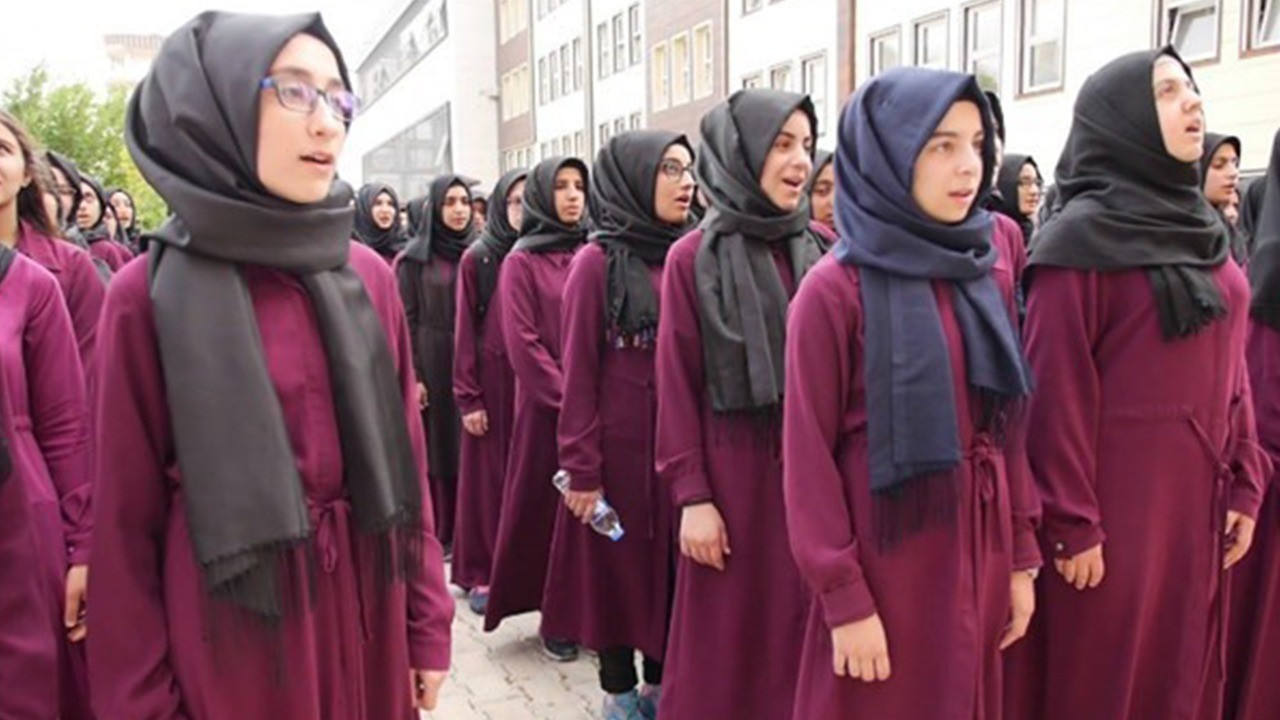Diyarbakır hospitals impose de facto ban on abortion
Public and private hospitals in Turkey’s southeastern Diyarbakır refuse to carry out abortion operations, arguing it is “forbidden.” Abortion on demand has been legal until the 10th week of pregnancy since 1983 in Turkey.
Evrim Deniz / DUVAR
Public and private hospitals in Turkey’s southeastern Diyarbakır province refuse to carry out abortion operations on demand, despite being legal.
In Turkey, abortion has been legal under Articles 5 and 6 of the Law on Population Planning since May 27, 1983, and is subject to the consent of the pregnant until the 10th week of pregnancy.
Although the right to abortion on demand is guaranteed by law, in practice women may face various obstacles in the country.
The Health and Social Services Workers’ Trade Union (SES) Diyarbakır co-chair Yıldız Ok Orak said these obstacles push women to unhygienic and unhealthy abortion practices in the southeastern province.
According to the relevant legislature, pregnancy can be terminated in any hospital where obstetricians and gynecologists practice their profession because the necessary equipment is available.
There are 11 public hospitals in Diyarbakır that can carry out the abortion operation, one in the city center and 10 in the districts.
Public hospitals in Diyarbakır, whom we contacted by phone to inquire about “abortion on demand,” stated that they do not carry out abortion operations on different grounds.
While nine of the public hospital officials argued that abortion is “forbidden,” two stated that they would only perform abortions with the consent of the father if the person is married and the pregnancy poses a health risk.
The question “Do you perform abortion on demand?” was answered by men secretaries in nine out of 11 hospitals and by women in 2 hospitals. The answers of them were “It is forbidden” and “We do not do such a thing in the hospital.”
Orak said the situation is different at private hospitals. “I called many hospitals and received the answer ‘We do not perform abortions without the consent of the legally married spouse.’ They stated that they do not perform abortions on demand if the person is not married. This is a completely de facto practice outside the legal regulation. Some hospitals also stated that if there is a risky situation for the pregnant woman, they give a price between 15-20 thousand liras, while optional pregnancy is subject to pricing of 30 thousand liras and above.”
Orak said these prices can go higher with additional practices at private hospitals, pushing women to look for alternative ways. “It is a practice that takes away a woman's freedom to decide for her own body, obliges her to a man, and perhaps puts her life in danger (in alternative methods).”
“Women are forced to go to unhygienic places (alternatively) due to economic conditions or because hospitals do not perform this procedure. This puts the woman's health and even her life at risk. The procedure should be carried out in a sterile area, and the woman should be monitored for bleeding in the following period; even in a hospital environment, we encounter situations such as bleeding and infection. As soon as possible, abortion in public hospitals should be implemented as it is in the law,” Orak added.
Women's Human Rights Association recently published a guide for women seeking abortion on demand in a public hospital:
“Abortion is your legal right. Within 10 weeks of pregnancy, you can terminate your pregnancy on demand, without any justification. If you are given information to the contrary, you can request that they give you this information in writing, and if they refuse to give you written information, you can send a petition to the hospital, Provincial Health Directorates, and the Presidential Communications Center (CİMER), in which you write the wrong information you have been told and ask for an explanation from the hospital. In this process, you can contact women's organizations for support in case your pregnancy progresses.”
(English version by Alperen Şen)

 Turkish top court rules rights violated in delayed abortion caseDomestic
Turkish top court rules rights violated in delayed abortion caseDomestic Turkish Health Ministry stops sending birth control products to health centersHealth
Turkish Health Ministry stops sending birth control products to health centersHealth Turkish Islamic school textbook says housework 'women’s duty,' abortion is murderDomestic
Turkish Islamic school textbook says housework 'women’s duty,' abortion is murderDomestic